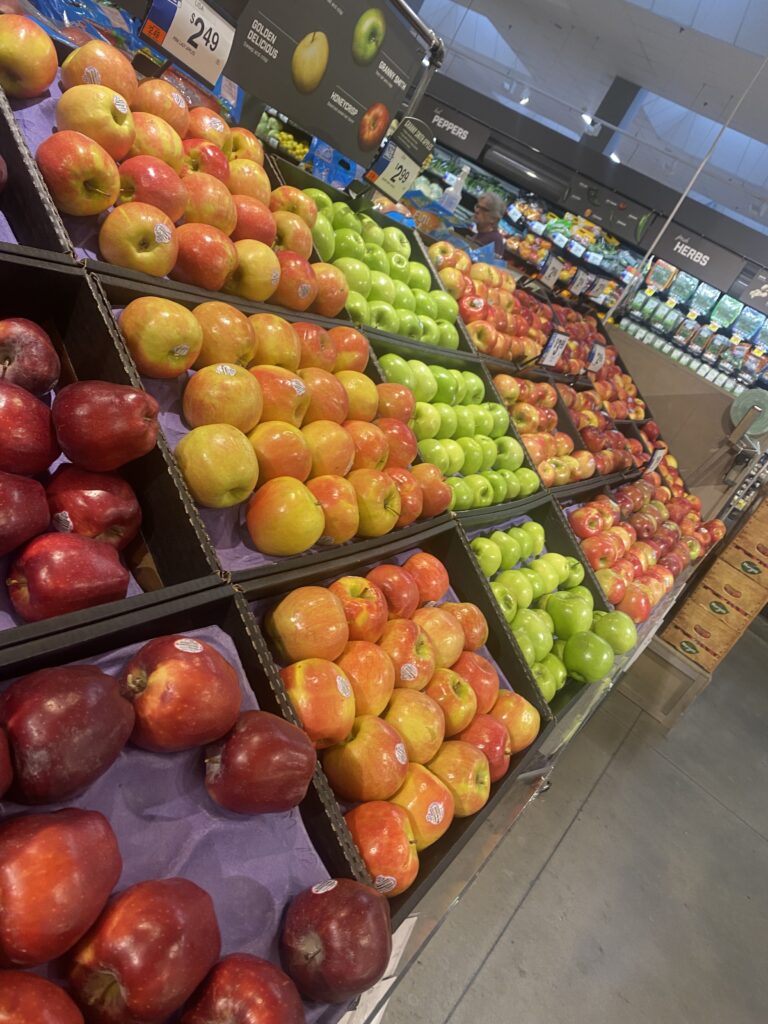Low-income Washingtonians who rely on food assistance will have their benefits boosted in 2024. An additional $40 million dollars will be allocated to the Supplemental Nutrition Assistance Program (SNAP) starting in January 2024 through the Give SNAP a Raise Act, which the District will be able to fund with excess revenue.
D.C. Council first passed the Give SNAP a Raise in December 2022 but did not fund it. In May, the D.C. Council voted during the fiscal year 2024 budget process to dedicate any extra revenue the city received to funding the law. According to a press release from Ward 4 Councilmember Janeese Lewis George, the act provides a 10% enhancement to the approximately 130,000 Washington residents utilizing SNAP, allotting an additional $47 in food assistance to the average recipient. That increase will vary based on family size and income.
D.C.’s chief financial officer confirmed in the September updated revenue estimates that the District produced enough unexpected revenue to dedicate $40 million dollars to increase SNAP benefits and $20 million in relief funds for people excluded from federal pandemic aid, such as undocumented immigrants, cash economy workers and returning citizens.
“Expanding SNAP benefits is a lifeline for working families and a game changer in our fight against hunger,” Lewis George said in a press release. Lewis George was among the council members who introduced the bill in 2022.
SNAP, formerly known as food stamps, helps low-income people purchase food by allotting a monthly allowance to the household. Benefits are provided by an electronic benefits transfer (EBT) card, which functions like a debit card. The allowances are adjusted based on a household’s family size and monthly income.
During the pandemic, the federal government created emergency allotments for SNAP recipients, increasing the monthly payment to the maximum allowable amount to each household per size. During that time, no SNAP beneficiary received less than $95 a month.
The additional funds were beneficial to households experiencing food insecurity, according to the 2023 Capital Food Bank Hunger Report, with 70% of survey respondents saying that the increased benefits had a “major, positive impact” on their finances. Many of those allotments ended in March this year, throwing hundreds of residents into deeper uncertainty. The Give SNAP a Raise Act was initially meant to help lessen that blow, and would have replaced some of the lost benefits had it passed earlier this year. The current maximum monthly allotment for a single-person household is $291 while the maximum allotment for a four-person household is $973 a month.
Enrollment in programs like SNAP can reduce food insecurity for families with children. About 35% of households with children reported fewer challenges with food insecurity within six months of enrolling in the program, according to DC Action.
According to the latest hunger report, 32% of the DMV is food insecure, meaning the household struggles to get enough food to lead an “active, healthy life” as defined by the United States Department of Agriculture. Food insecurity disproportionally affects people of color in the Washington area; 44% of Black and 27% percent of Hispanic residents reported being food insecure, in comparison to 18% of white residents. Well over 70% of those who are food insecure are employed but struggle to keep up with the cost of living and inflation in the District.








